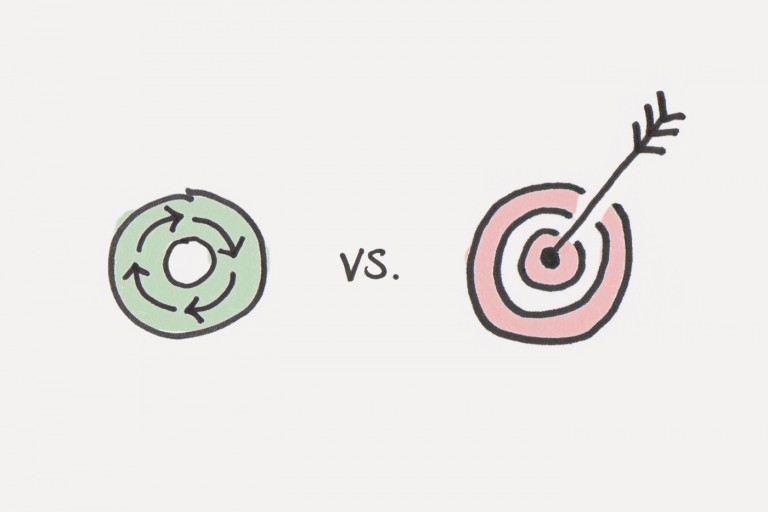 |
I like Goodreads. I’ve used the service for years, mostly to keep track of books I’ve read or want to read. There’s some nice recommendation features and integration with social networks so I have some notion of what other friends are reading. All in all it’s a good service, and I wish I had thought to build it first!
What I don’t like about Goodreads is their annual reading goal. You’re strongly encouraged to specify how many books you’ll read in a year, and on subsequent logins you’re informed of your progress. For 2017, I set mine at 30 and fell a few books short.
On the surface this seems like an honorable undertaking: get people to read more (and consequently use the network more). But does this method work? Is “books read” the metric we should be optimizing for? Probably not. This thinking encourages people to read as many books as possible, not caring about quality or relevance to their lives but simply trying to hit a target number. It makes books disposable, notches on a belt rather than works of art. It also suggests people should read faster, not taking the time to digest, debate, and have an overall dialogue with the book.
On some level this reading goal definitely messed with my head. I grew up very much a perfectionist, terrified of failure and focused more on grades than learning. So much so that one time in fifth grade I got a 60 on a quiz (the horror!) and broke down in tears. While I’ve mellowed out quite a bit since then (philosophy and alcohol probably helped the most), my basic programming still has that instinct to hit arbitrary goals without thinking about why.
So for people like me, these goals do more harm than good. I’ve instead tried to focus more on systems when thinking about achievement. Scott Adams talks about this idea at length. Patrick O’Shaugnessy also has a nice treatment of the idea. In short, don’t dwell on external metrics. You can still use them as a measurement tool, but ultimately your focus and motivation should center on creating habits and routines that increase your probability of success.
Paired with this idea is the notion of stoicism. Most people think of stoics as lacking emotion. I think of it more in this context as not being emotionally impacted by external events. You put your work in, you prepare as best you can, and you let the chips fall where they may. I love this approach because honestly, what else can you do? Be aware of what you can control, and try not to worry about the rest.
So what would a system of reading look like? Instead of setting a goal of m books to read in a year, why not develop a habit of reading n pages a day or week? Or maybe even set an “anti-goal” of a “books read limit” for the year. Let’s say the max books is at 12 (one book per month). Then you’re forced to choose only a dozen books to read all year. Under that constraint, aren’t you more likely to be very judicious about the books you read? I imagine you’d take your time with the books too. Really digest them and converse with them since hey, what’s the rush?
Maybe you operate better with goals. Ultimately it’s up to you to figure out how to achieve what you want. But it’s important to not let things like software, social networks, or any external forces manipulate your thinking.